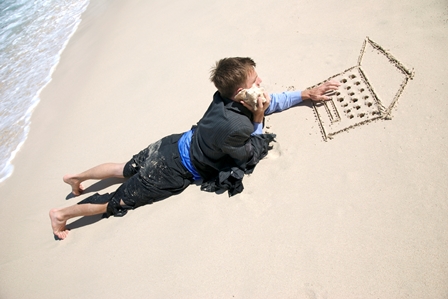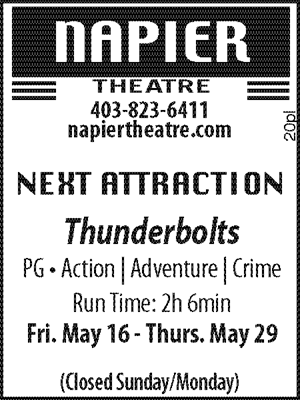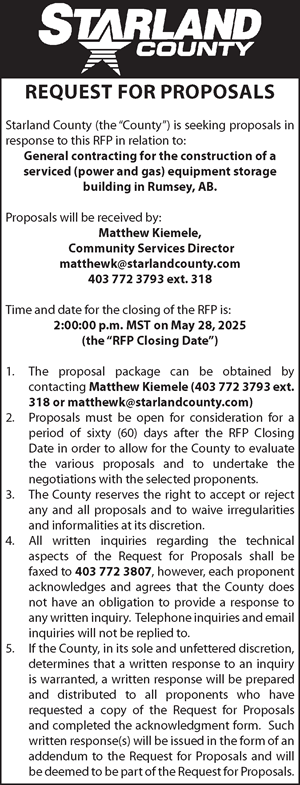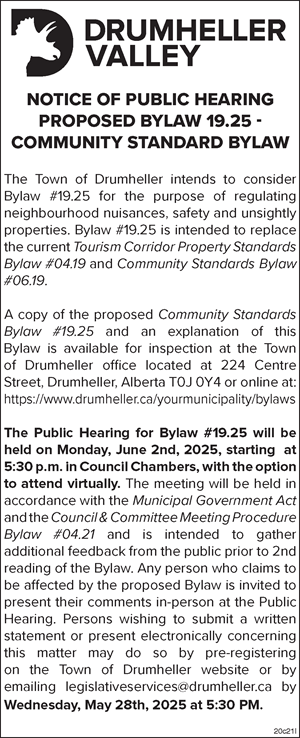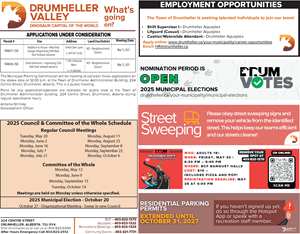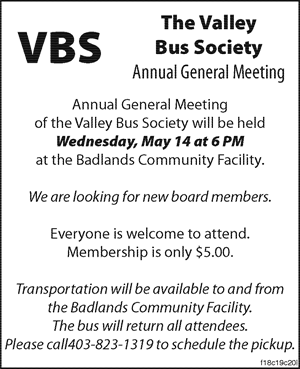
Dear Working Wise
I am working on a road-paving crew this summer. A couple of days have already been so hot that a few of us on my crew felt like we were going to pass out. What can I do to keep my cool this summer? Signed Overheated
Dear Overheated:
Summer has finally arrived and that means it’s time for workers and employers to start thinking about working safely in the heat.
Our bodies work best in a very narrow temperature range. Raising or lowering your core temperature a couple of degrees beyond normal (98.6° F or 37° C) can cause severe damage to your brain, heart and other organs.
Our bodies regulate temperature by sweating and shivering. If you don’t replace the fluid you lose from sweating, you can dehydrate and your body will stop sweating. Heat will build up and you will be in serious trouble.
Early warning signs of heat stress include: headache, dizziness, fatigue, feeling faint, irritability, heavy sweating, heat rash, muscle cramps, dehydration, and changes in breathing and pulse.
Keep your cool this summer with these tips:
- create shade and work in the shade when possible;
- take short frequent breaks away from the heat/sun;
- wear reflective/insulated/cooled clothing near heat sources;
- limit your sun exposure especially during peak times (Noon – 3 p.m.);
- drink small amounts of water frequently, e.g., a cup every 20 minutes;
- wear loose-fitting lightweight clothing that wicks sweat away from the skin;
- avoid caffeinated drinks, alcohol and pop, because they tend to dehydrate you;
- wear a wide-brimmed hat, UV-absorbent sunglasses and minimum SPF 30 sunscreen.
You and your employer can also help limit the effects of working in the heat by:
- lowering the air temperature with air conditioning;
- increasing air circulation with a fan, ventilation system or by opening doors and windows;
- lowering the humidity using an air conditioner, dehumidifier or ventilation system;
- decreasing exposure to radiant heat (e.g., asphalt, heavy machinery, etc.) by moving hot equipment away from the work area, moving the work away from things that radiate heat, or by using barriers to reflect or block the sun/heat;
- avoiding intense physical activity during the hottest times;
- using extra workers for the job and rotating workers between more and less demanding activities;
- implementing a schedule of work and rest periods; and
- providing a cool rest area for workers to recuperate.
For more tips and information on working safely in the heat, check out the Government of Alberta’s booklet: Best Practice – Working Safely in the Heat and Cold, which is available at: http://employment.alberta.ca/documents/WHS/WHS-PUB_gs006.pdf.
Do you have a work-related question? Send your questions to Working Wise, at charles.strachey@gov.ab.ca. Charles Strachey is a regional manager with Alberta Employment and Immigration. This column is provided for general information.


